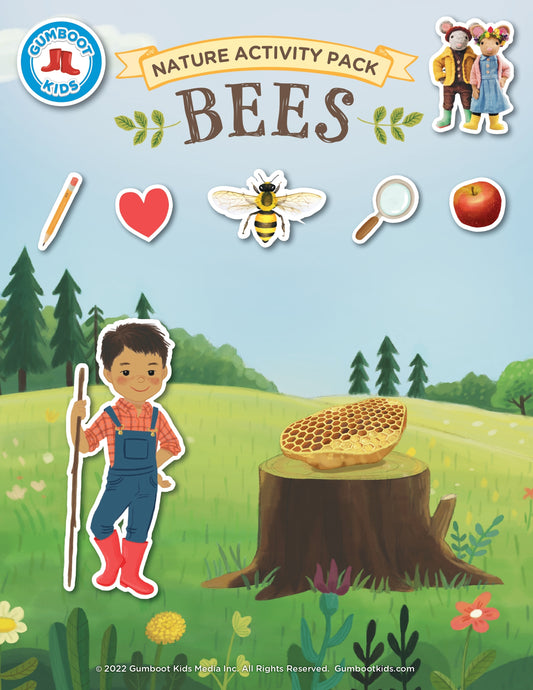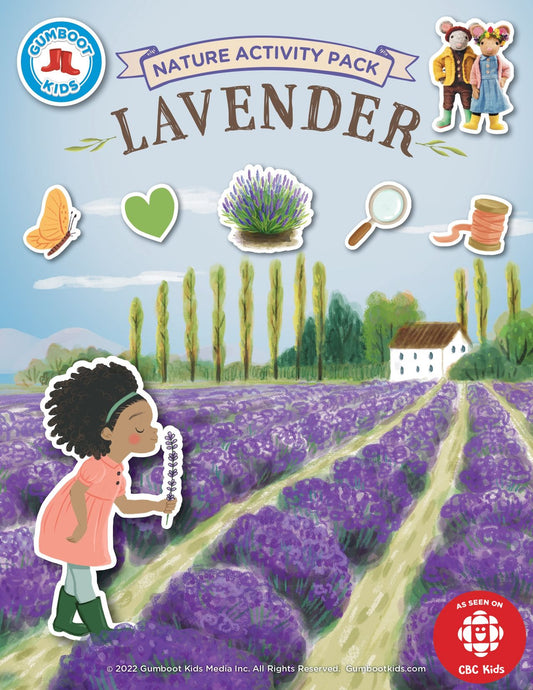Horticultural therapy for children is a form of therapy that uses gardening and plant-related activities to promote physical, mental, and emotional well-being. It is a goal-oriented therapy that utilizes plants and nature to achieve specific therapeutic outcomes for children.
In horticultural therapy for children, therapists work with children to engage in a variety of activities, such as planting and caring for seeds and plants, harvesting fruits and vegetables, and creating garden art. The therapy sessions can take place in various settings, such as school gardens, community gardens, or therapeutic gardens.
Horticultural therapy for children has been found to have a wide range of benefits. It can improve physical health by promoting physical activity and healthy eating habits. It can also improve mental health by reducing stress and anxiety, improving mood, and providing a sense of purpose and accomplishment. Additionally, horticultural therapy can help children develop social skills by promoting teamwork and communication with others. Overall, horticultural therapy for children is a unique and effective approach to promote health and well-being in children.




